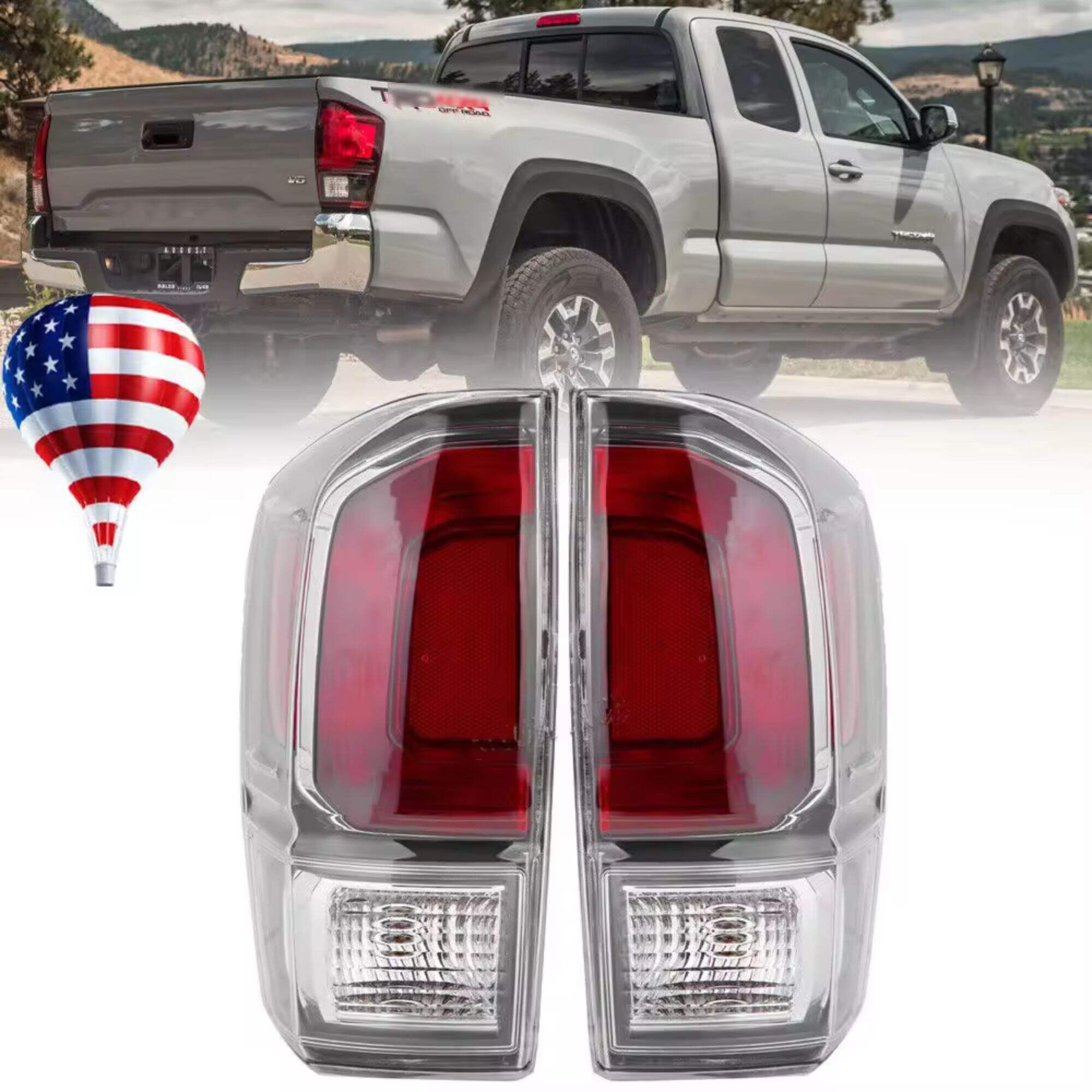More than just machines, cars are our companions - taking us to and fro on the daily commute; the road trips we binge over a weekend; or sometimes life itself. It is best to keep on the maintenance, being proactive toward your shiny metal steed will result in a longer life and better performance. This 5 part guide covers off all of the need-to-know, and goes into depth on everything you should concern yourself with whether your vehicle be petrol or diesel in FuelCare's: The Lifeblood of Your Engine;; Balancing Pressure; Igniting Troublefree journeys;Stopping Power for Better Safety - Full kit rebuild options & braking upgrade kits Breath new life
The Lifeblood of Your Engine
Your Ride's Circulatory Fluid: Engine oil is the lifeblood of your vehicle it lubricates the moving parts and helps prevent overheating by reducing friction so everything can do its work. This is because your car needs to have accurate oil changes, usually every 5K-7.5KM based on the particular make of automobile and how you drive it for those few miles Ensure you are using the oil type recommended by your car manufacturer for top-notch performance. Fail to do that and you will kill the engine before its time, as well as fuel mileage - along with expensive bills. Also, be sure to check that the oil filter is undeteriorated and clean every time you have your car serviced simply because it has a penchant of accumulating debris in its cages which when released could spell disaster for your engine.
Better Ride, More Balanced Pressure
For tires to perform at their best, they must have the proper inflation pressure (to an extent that the tire is evenly supported). This impacts fuel economy, handling qualities-even ride quality. This might as well add rolling resistance, of course it does so with the fuel economy penalty that follows and some awful cupping from ginsugrey tread wear. Incorrect tyre pressures make even, at the end of gauged maximum pressure as an over-inflated tyres leads to reduced grip and by making a fron unpleasant ride While Tissues under inflated tires can cause increased tread wear or even overheating. Take a look at your tires, all of them together with the spare as well and pump it up to factory specifications (you can typically discover these on sticker in the driver's side door frame) or ask for advice from your owner's manual. Rotate tires every 5,000-10,000 miles for even tire wear.
And Firing Up Tension Free Journeys
A properly functioning ignition system is crucial if you want your car to start with no problem every time. Spark Plugs: The hidden hero of combustion, spark plugs create a precise arc to touch off the fuel-air mixture in a cylinder. Over time, the spark plugs will get deposits or wear down causing misfires lost power and an increase of emissions. Change your spark plugs on the manufacturer recommended schedule (usually every 30,000-100,000 miles but depends on type). Also check the ignition wires if your car uses them and make sure that power sources of spark are also clean even when the battery is nothing else than debris or mud built up that could prevent to start.
* Stopping power: In a case where I have missed it, my brakes are the very first and last line of defense on all roads in Malta. Their importance is, therefore, a cornerstone where its emphasis cannot be enough. Check brake pads, rotors, and fluid level regularly. Knowing how to replace brake pads is essential with more than one hundred people 70.00 miles depending on my driving habits me. Therefore, if I always hear squealing, or grinding sounds when applying brakes, this is a clear show that it is high time to replace the pads in my brake system. With time, brake fluid absorbs moisture that lowers its boiling point and effectiveness. Going whenever they changed the brake pads, Yes, I often continued to measure the relative humidity in my garage. My research clearly stated that they flush and replace the fluid every two years to prevent corrosion within the brake system and to maintain maximum stopping power. * Revitalize the ride: Firstly, this keeps debris out of my engine, and I am in a capacity to ensure that no potential for harm could occur to it. Additionally, a dirty air filter can impede airflow and reduce fuel economy consequently, a restriction that is required to keep my engine running in top condition. Due to this, replacing my car’s air filter is essential after every drive or after covering every 1,000 miles. The same way a clean cabin air filter allows me to breathe without getting sneezy and snotty in my car; the fresh engine air filter improves driving comfort as I move around. These two simple swaps can enhance my machine’s airflow and its performance as well!
In conclusion, longer car commitment equals more responsible and full service needs for the rest of your vehicle as well. The Lifeblood of Your Engine and Balancing Pressure for a Smoother Ride... Igniting Trouble-Free Journeys, The Carbon Conundrum related tasks while avoiding Stopping Power: Enhanced Safety tips by reading Breathing Fresh Life into Your Cars; all which helps you keep your vehicle in top condition that is most effective to help drive safe. Remember this: take care of these, and your car will be with you long.

 EN
EN
 AR
AR NL
NL FI
FI FR
FR DE
DE IT
IT JA
JA KO
KO PL
PL RU
RU ES
ES LT
LT UK
UK VI
VI HY
HY AZ
AZ KA
KA